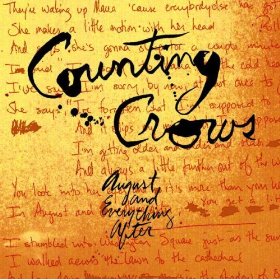 What do you remember from when you were the same age as the youth you work with?
What do you remember from when you were the same age as the youth you work with?
It’s only 12 years since I stopped being a teen, although it feels much longer ago than that. The older I get, the easier it is to forget about what life was like as a teenager.
Some things have changed a lot – when I was 13 (in 1993), I didn’t have a cell phone. I didn’t have an email address. There was no Facebook. Heck, no one even really used the internet.
Some things haven’t changed for youth though. Alcohol. Drugs. Sex. Belonging.
So today I want to suggest thinking back to what your life was like as a teenager and more specifically:
What positive things do you remember and how can that help influence your youth work today?
When I was a teen, I had a lot of drug and alcohol problems. That in itself isn’t something positive, but it means I’ve been able to use my experiences to help relate to youth in a similar situation and try to help guide them away from that lifestyle.
One of my abiding memories though is more random – it’s a conversation I had with a youth worker. The reason it’s random is that I don’t remember much of it. I don’t know how old I was, although I think I was probably 13 or 14. I can’t even remember what we were talking about.
That conversation had a big impact on my self-esteem that day though. It’s also influenced how I communicate with youth to this day. What was significant about the conversation?
He was interested in what I had to say and treated me as an adult
It wasn’t a deep and meaningful conversation – it was probably about a band, my favorite team or something equally “unimportant”. What mattered though was that he was treating me as an adult. It felt like a normal conversation he could have been having with any one of his friends, but he was chatting to me in the same way.
Now, don’t get me wrong – I don’t think as youth workers we’re supposed to be best friends with our young people. There are boundaries we should have, especially as we’re in a position of authority (e.g. not texting them on our personal phones).
That doesn’t mean you can’t treat them as adults though. In fact, treating them as adults is what will help them grow, as it gives them a chance to take more responsibility for their actions and choices. One way of doing this is by encouraging youth participation, but there are many other ways.
One of them – like my youth leader did – is simply by talking to young people. Show a genuine interest and care about what they have to say. You never know – it might become one of their fondest memories years down the line.
Question: What’s your favorite memory from when you were part of a youth group? Let us know in the comments below.
You can also connect with us by:
- Signing up to receive our posts via email
- Following us on Twitter
- Liking us on Facebook
- Signing up to our RSS feed